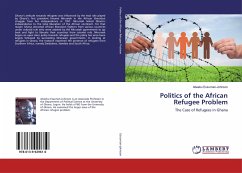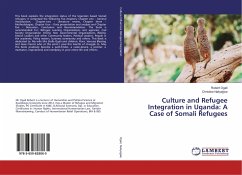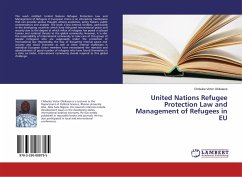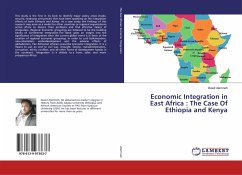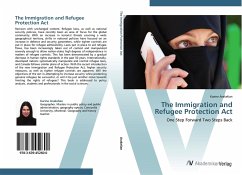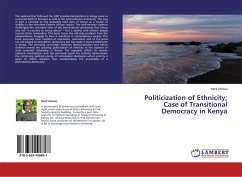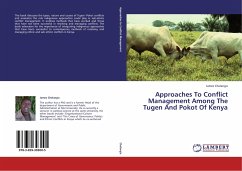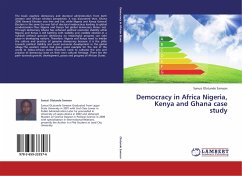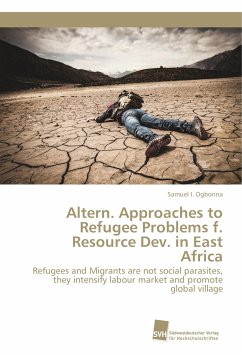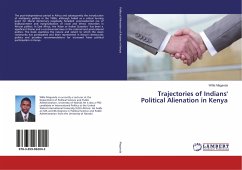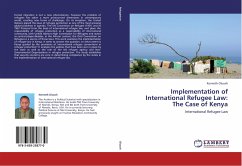
Implementation of International Refugee Law: The Case of Kenya
International Refugee Law
Versandkostenfrei!
Versandfertig in 6-10 Tagen
52,99 €
inkl. MwSt.

PAYBACK Punkte
26 °P sammeln!
Forced migration is not a new phenomenon, however the problem of refugees has taken a more pronounced dimensions in contemporary world, creating new forms of challenges. On its inception, the United Nations placed the issue of refugee protection as one of the most pressing global problems in agenda. The UN Convention on Refugee (1951) and its 1967 Protocol form the basis of international refugee law, and place the responsibility of refugee protection as a responsibility of international community, with United Nations High Commission for Refugees and states as central players.Besides, in the Af...
Forced migration is not a new phenomenon, however the problem of refugees has taken a more pronounced dimensions in contemporary world, creating new forms of challenges. On its inception, the United Nations placed the issue of refugee protection as one of the most pressing global problems in agenda. The UN Convention on Refugee (1951) and its 1967 Protocol form the basis of international refugee law, and place the responsibility of refugee protection as a responsibility of international community, with United Nations High Commission for Refugees and states as central players.Besides, in the African context, the OAU Convention on Refugees is a source of those laws. This work examines the implementation of refugee law in Kenya. It seeks to answer the question, to what extent is Kenya guided by the provisions of international refugee conventions in refugee protection? It analyzes the policies that have been put in place by the state as well as the role of the UN refugee agency and Non-Governmental Organizations in refugee protection. The study establishes that security concerns are core in determining compliance by the states in the implementation of international refugee law.



